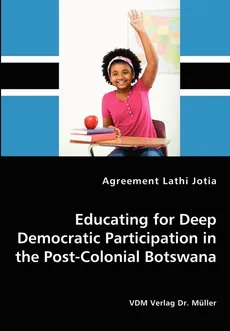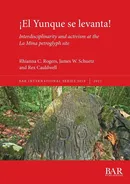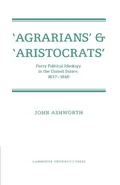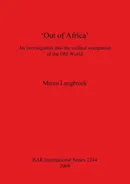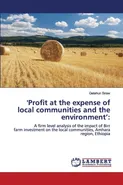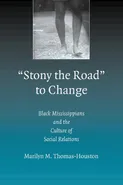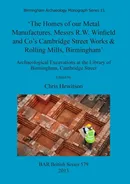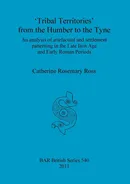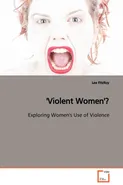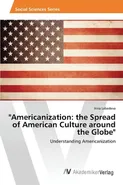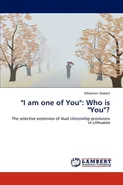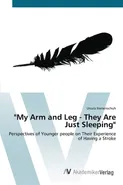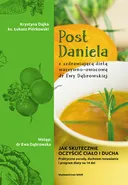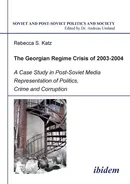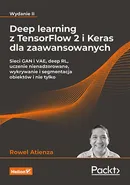Educating for Deep Democratic Participation in the Post-Colonial Botswana
This book investigates the extent to which the concept of democracy is taught and practiced in schools in the post-colonial Botswana taking into account Botswana educational philosophy of Education for Kagisano (social harmony). It also explores how Botswana's education system has been affected by the colonial legacy, which apparently did not foster or promote teaching about democratic participation. It uses the theoretical framework of deep democracy, which values the idea that students as citizens, should be allowed to realize their full potential through interconnectedness, which allows everyone to appreciate and celebrate diversity. The book contests that in order to ascertain that schools become spheres for democratic possibilities that can produce informed citizens who can be of service to their families, communities and the entire nation at large, there is need for a paradigm shift especially in the formulation of educational policies. This book argues that it is through deep democratic practice that matters to do with participation, equity, gender imbalances, multiculturalism, social justice, power and empowerment can better be addressed for the welfare of all citizens in a democracy. It brings different insights on politics of education and also uniquely adds to the literature of social sciences especially on African Cultural Studies. This work also sets a departure point for other scholars to pursue further research in the field of educational politics. This is definitely a must read book for educators, students, educational policy formulators and all the social scientists and citizens who have the welfare of their country's democracy at heart.









